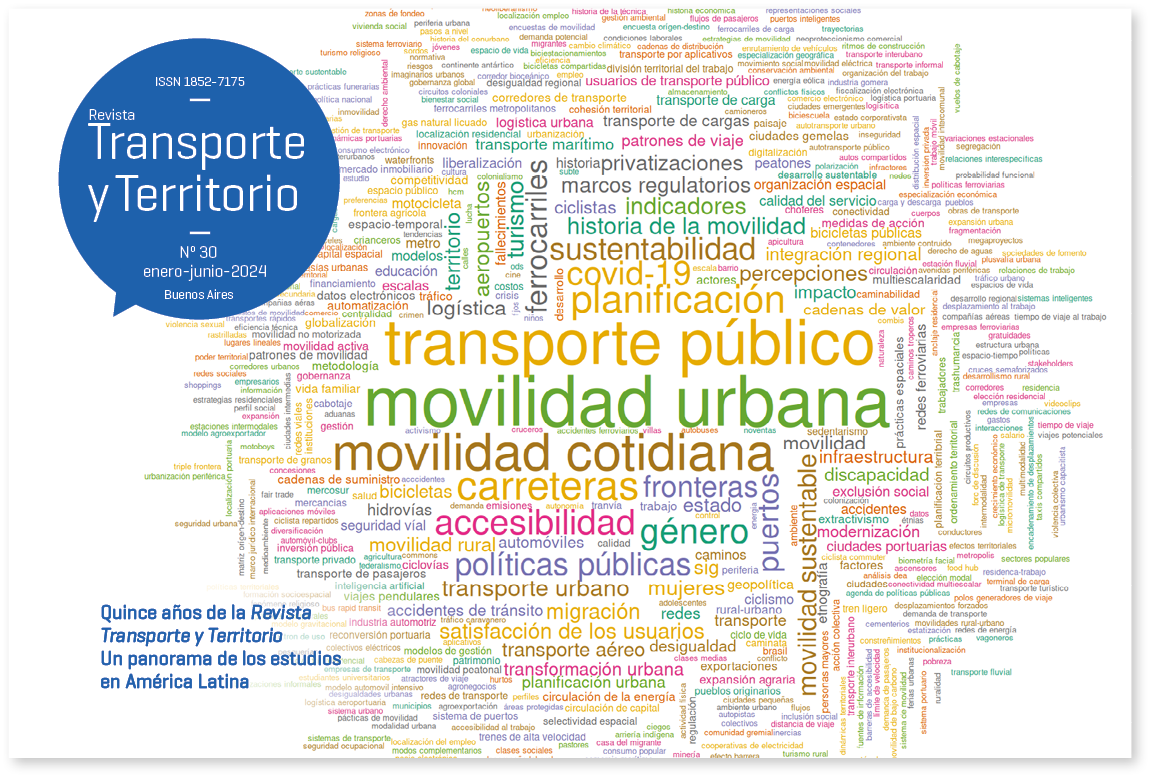Technical Efficiency in the Passengers Public Transportation
study case Cuenca-Ecuador
Abstract
An inadequate management of public passenger transport affects less road capacity, and becoming a challenge for the political decision-maker due to the social impact that the service entails; In this sense, the present investigation has estimated the technical efficiency frontier of the public passenger transport service through the DEA Data Envelopment Analysis methodology for the city of Cuenca. Two models were used, demand and supply; as DMU, the 37 bus service routes were taken; as variables, for the input the Km Traveled, the Total Fleet, and Frequencies, and for the output, the Number of Passengers and the Operating Costs; the data was obtained from the Revision Report of the Collective Urban Public Transport Tariff of the Cuenca Canton for the year 2021. The results indicated an average efficiency, in the transport service, of 68% for the demand model and 90% in the supply model; they also show technical inefficiency due to the scale in which the different routes operate; finally concluding a necessary increase, mainly, the Km in the travel routes and the service frequencies.Downloads
Copyright (c) 2024 Luis Suin-Guaraca, Edwin Feijoo Criollo

This work is licensed under a Creative Commons Attribution 4.0 International License.

 Important notice
Important notice


1.jpg)

3.png)




















